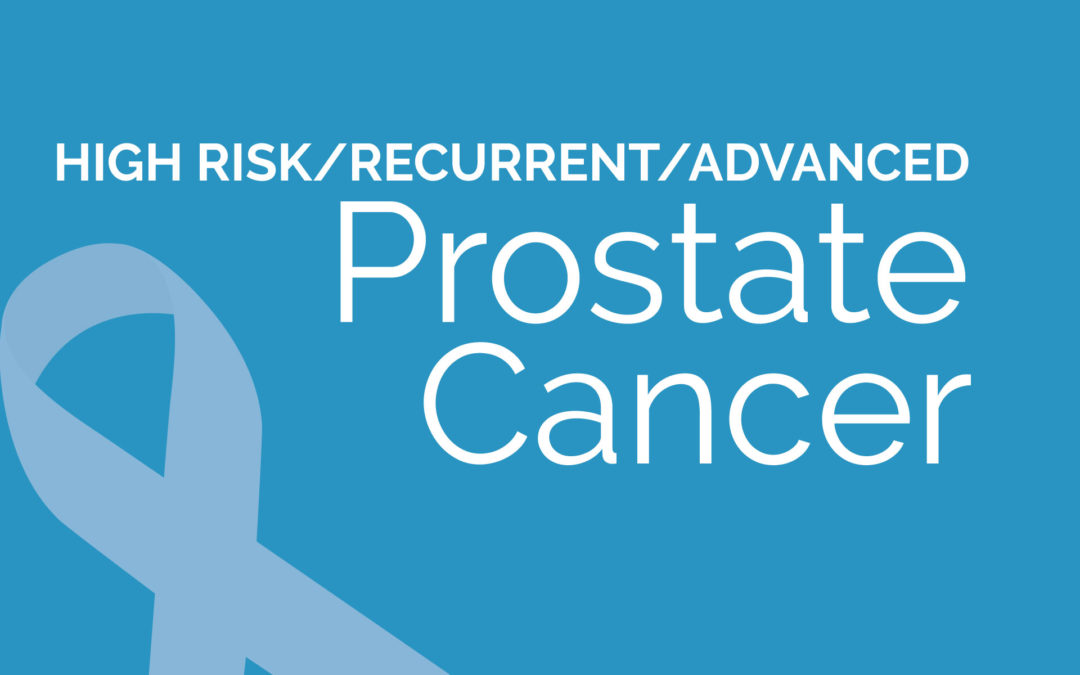When patients with advanced prostate cancer become metastatic, castrate resistant (mCRPC), their cancer cells sometimes morph from the typical “adenocarcinoma” to the far more aggressive and difficult to treat “high grade neuroendocrine” subtype. Historically, the prognosis for such patients has been poor. But this appears to be changing. A recent Phase II “basket trial” revealed far superior results for such patients who were treated with dual immunotherapy consisting of ipilimumab (Yervoy) and nivolumab (Opdivo), two immunotherapy drugs already FDA-approved for use in other cancers. A basket trial is one which includes patients with different tumor types (prostate, lung, liver, etc.) that have a common characteristic, such as a gene mutation or, in this case, a neuroendocrine cell morphology.
The clinical benefit rate (response or stable disease for more than 6 months) was 42% in patients with high-grade tumors. The 6-month progression-free survival rate was 31%, and the median overall survival was more than 11 months.
“These outcomes compare favorably with historical patients, where the clinical benefit rate at 6 months is about 20% for patients with refractory tumors, the 6-month progression-free survival is around 10%, and the median overall survival is around 3 months,” said Dr. Sandip Patel (UCSD).
The combination regimen was well tolerated. The most common overall toxicities were fatigue (30%) and nausea (27%). The most frequent immune-related toxicities of any grade were hypothyroidism (31.3%) and aspartate transaminase elevation (25%). The most common grade 3 and immune-related toxicities were liver function abnormalities (9%) and colitis (6%).
For the complete ASCO post from Alice Goodman, please click here: Immunotherapy for high grade NE tumors.

